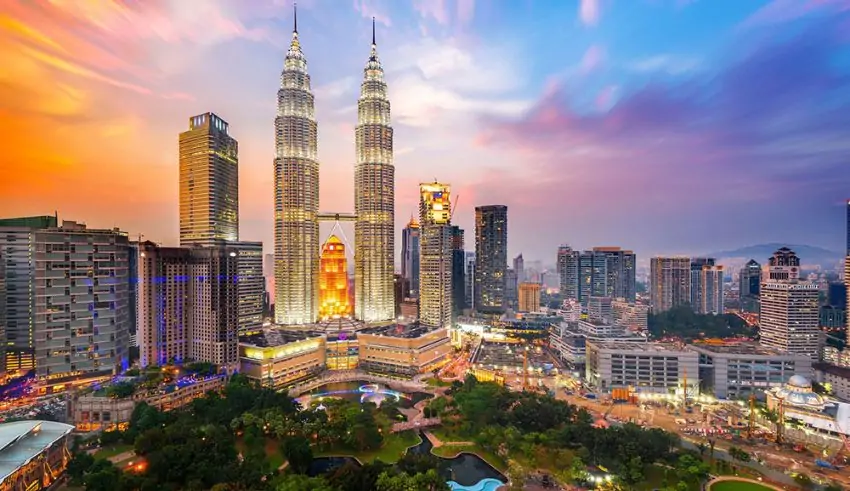

(C) Eye On Asia
In a recent twist of events, electronics valued at a staggering $74 million faced hurdles entering the United States in September, revealing a heightened crackdown on potential links to forced labor in China’s Xinjiang region. These electronics, including solar panels and microchips, predominantly hailed from Malaysia and Vietnam.
The latest data, updated in November, disclose the impacts of the tightened regulations initiated in June 2022 to address human rights abuses in Xinjiang. Over 6,000 shipments, exceeding $2 billion in value through September, underwent scrutiny, with nearly half facing rejection or pending approval.
September witnessed a noteworthy surge, with $82 million worth of shipments either denied entry or subjected to rigorous checks. Electronics, constituting 90% of the affected goods, saw a substantial increase from the less than $20 million scrutinized in August, signaling an intensified focus on electronics supply chains.
The U.S. Uyghur Forced Labor Protection Act (UFLPA) underscores the commitment to combat human rights violations in Xinjiang. It requires exporters to demonstrate that their products exclude any raw materials or components originating from Xinjiang, an attempt to address concerns linked to forced labor and ethical sourcing.
Amid this, Malaysia and Vietnam emerged as the hardest-hit, with cargoes worth approximately $320 million each facing denials or checks since the inception of the new rules. This impact is nearly three times more pronounced than that observed in China’s trade, underscoring the ripple effect through intricate global supply chains.
While the denial or scrutiny of these electronics represents a fraction of overall trade, questions linger about the compliance challenges faced by companies navigating these stringent regulations. It remains unclear whether businesses intentionally delay shipments due to compliance uncertainties.
Requests for comments from Malaysia’s trade ministry and Vietnam’s industry ministry have remained unanswered, suggesting a lack of awareness or a reluctance to address the matter publicly. Industry and government experts in both countries either claim unawareness or assert no formal concerns have been raised.
This development sheds light on the profound impact of the UFLPA on global trade dynamics, emphasizing the need for ethical practices within intricate and interconnected supply chains. The meticulous scrutiny of electronics shipments from Malaysia and Vietnam reflects a broader global effort to address human rights concerns and reinforce ethical standards in international trade.
China, stepping ahead of possible new US tariffs, has announced new trade plans from India to bring both countries closer…
Early Tuesday morning. The fire, which could be seen from several miles away, caused mass evacuations as the authorities fine-tuned…
OpenAI's new image creation option on ChatGPT attracted many users in a short time. ChatGPT achieved its one million user…
Yuki Tsunoda has targeted a dream podium at his home Japanese Grand Prix following his surprise elevation to Red Bull.…
Finally, it is out! Tom Holland will return to the red and blue suit as Marvel formally launches the title…
Turkish music lovers and the whole entertainment world on Sunday night were put in shock by the unexpected passing of…
This website uses cookies.
Read More